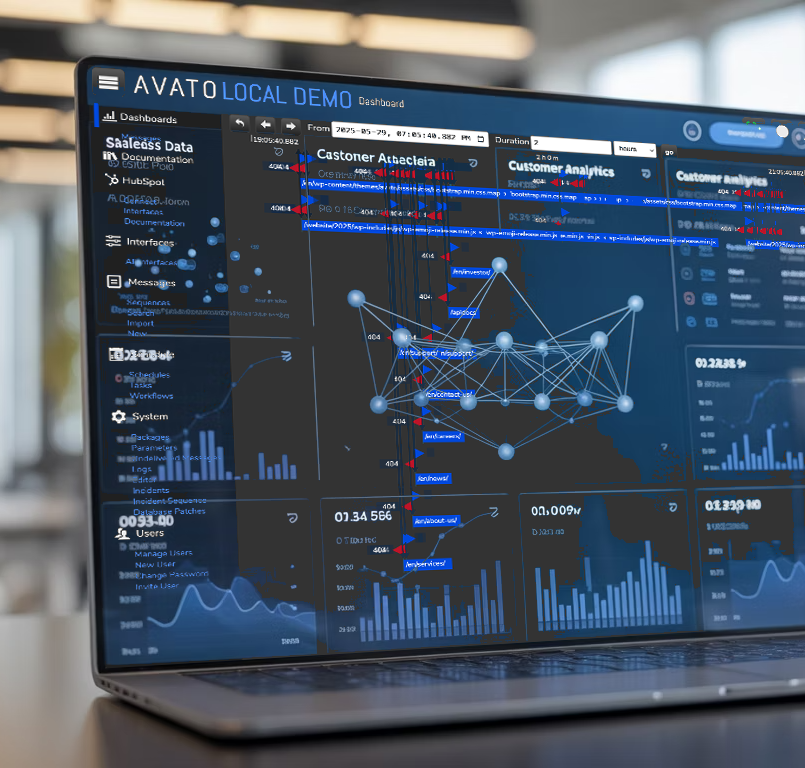Let’s build it together.
(click or scroll down)
Consider the modern challenges organizations face:
These aren't just isolated issues—they're interdependent and solving them requires an integrated view of the business. Relying on unconnected datasets or traditional data warehouses often leads to a fragmented understanding of what's really happening.
We all remember the childhood parable of the three blind men and the elephant, where each man touches a different part of the giant creature and describes it as something completely different, not understanding the elephant as a whole… The same can often be true when we evaluate clients, conditions, opportunities, and risks without a full and complete understanding of the story… If your data is speaking in fragments, your AI will only echo confusion.
For decades, organizations have accumulated vast amounts of data—client profiles, transactions, market behavior, operational metrics, and more. These mountains of information contain insights capable of transforming decision-making, enhancing customer experiences, and revealing previously unseen opportunities. Yet despite the promise, the majority of enterprise data remains underutilized—fragmented across systems, siloed in departments, and disconnected from strategic initiatives.
As we stand at the threshold of a new era powered by AI, the urgency to activate these dormant insights has never been greater. But here's the catch: AI is not magic—its power depends entirely on the quality, structure, and contextual relevance of the data it's given. This is where the Data-Centric Operating Model becomes essential.

To unlock the full value of AI, organizations must first focus on data correlation—creating unified, intelligent connections between internal and external data sources, systems, and silos. Only with a comprehensive, correlated foundation can AI begin to deliver the insights, automation, and predictions it promises.
When data is properly connected, your AI investments become more than automation tools—they become workforce multipliers, amplifying human intelligence and driving collective decision-making across functions.
Data correlation transforms isolated information into a cohesive intelligence network that powers effective AI implementation.
This isn't just about technology. It's about building an operating model that:
Breaking down silos and creating a comprehensive view of all enterprise information.
Revealing connections that drive strategic insights and decision-making.
Creating a single source of truth that all stakeholders can rely on.
Enabling faster implementation and return on AI investments.

~ Gustavo Estrada, Acting Provincial Director, Performance &
Transformation, BC Provincial Health Services Authority

In contrast, a modern data correlation strategy enables rapid activation of enterprise data—without costly overhauls—by integrating and correlating data in place, across virtually unlimited sources.
By investing first in enterprise-wide data correlation, organizations unlock exponential value from AI. The result?
A more informed, responsive operating modelEnabling faster, more accurate decision-making across the organization. |
|
A unified view of clients, risks, and opportunitiesCreating comprehensive understanding of your business ecosystem. |
|
Rich visualizations of interrelated assets, people, and eventsRevealing hidden patterns and connections. |
|
Accelerated ROI across functionsSupply chain, manufacturing, healthcare, finance, compliance, fraud, ESG, and more. |